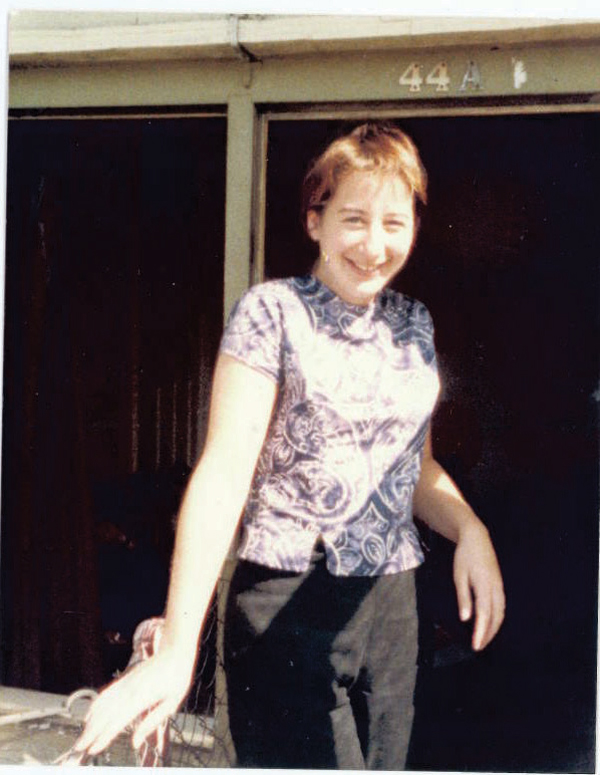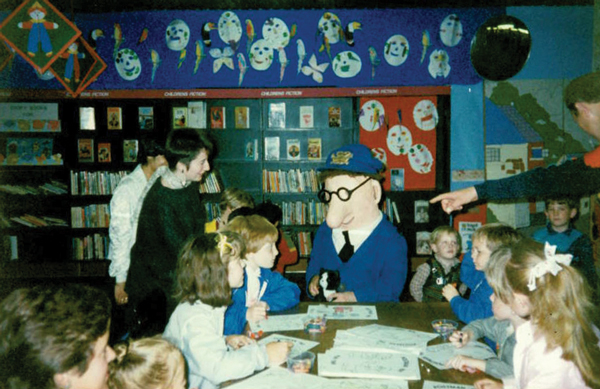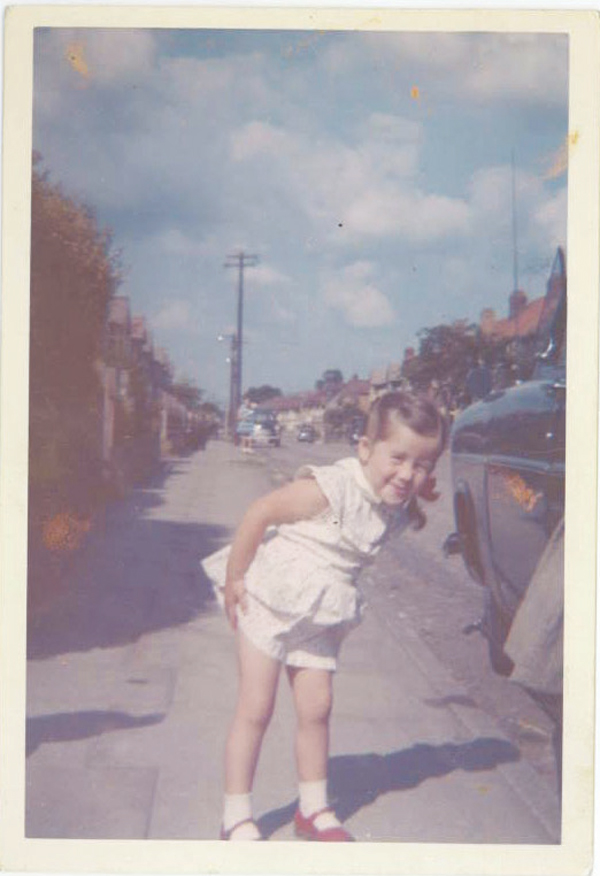When it comes to promoting reading, Lynda Clapham uses a “reverse psychology” strategy that nearly always works.
She combines that strategy with a self-confessed bossiness to encourage the most disaffected students at her Coventry school to read more. “I’ll pick a book up and go nah – no, no I don’t think so. There seems to be a lot of swearing in that one. I don’t think this one’s for you. Ninety-nine times out of 100 that works.”
Clapham, awarded an MBE in the New Year’s honours list in recognition of her contribution to the promotion of reading and literacy, is also a surprisingly good rapper. She treats me to a sample of a rap the pupils presented as their entry for the Coventry Inspiration Book Awards. “We didn’t want to do a normal presentation and we had a marvellous book by Martyn Bedford called Flip – so we rapped it.”
She says that she likes the “naughty” students at the school in Hillfields, near the city centre, because she was a “quietly naughty” pupil herself. “Even though I have all the same obligations as the teachers, they see me as slightly different. You can say ‘well that’s fine, but now we need to go back and do what we need to do’.”

Sidney Stringer Academy is a larger than average co-educational 11 to 18 school, rated outstanding in 2013. The percentage of pupils on free school meals is twice the national average, and more than four times the national figure are from minority ethnic backgrounds. The proportion of those who speak English as an additional language is more than six times the national average.
The library is a terrific space in a light and airy new building that opened in 2012 after a fire in 2007 destroyed 40 per cent of the former school building. Some students “just want to come and literally sit behind the (library) counter to have some time out”, she says.
“Sometimes in lesson times they will sit, tell you their piece and go away again. Sometimes it’s that flashpoint where they‘ve walked out and we are the place they come to because we are not the exclusion room or the staffroom. It’s all they need . . . and then they’ll just go back.”
She grew up in Coventry with her younger brother. Her father, who is Scottish, worked in the local car industry. Her mother was born locally and did clerical and administration work. “She would not call herself a feminist, but she is very much one.”
School was not her favourite time. “I managed to find my way home a couple of times – and that was at infant school, crossing a very busy main road. I used to take myself off because I didn’t want to be there. It was smelly and I didn’t get time to do what I wanted to do.
“I would start my painting and they’d stop me and make me do something else and I hadn’t finished. There were too many people. At parties and things I’m still very uncomfortable. You sort of hover round the edges. It didn’t suit me at all.”
“Stringer gets into your blood. It suits me”
She says she read a lot. “I forged my mum’s signature so that I could get a library ticket because I couldn’t be bothered to walk all the way home to get her to sign it. Some rules are there to be broken.”
The same issues that bothered her at primary school arose at secondary school, “multiplied by the fact I was teeny tiny.
“Even the smallest uniform they could find was too big; I looked like a plonker on day one. I only went to the lessons I liked.
“In the olden days you’d go in the morning and get your mark, and then you’d get a mark at lunchtime and that was it. Registers were rarely taken in classrooms, because they thought you were in school. That’s how I got caught. A couple of afternoons I forgot to go back.”
One of the few redeeming features of secondary school was Miss Day, a classics teacher. “She opened up Greek and Roman mythology and it was a world I hadn’t come across before. She was brilliant, and very funny. She used to tell us things about her house and the Chinese lantern in her lavatory.”
Clapham was in the CSE group – “they never ever thought I would do anything”. She did one year in sixth form and left in 1976 when she was 16 to work as an office junior. After a few years she spotted a job in Coventry City Libraries paying double what she was then on.

She was with the library service for a couple of years, but needed a degree if she wanted to become a librarian. “So I left and I did three A-levels in a year. It was hard.” She took up a place on the library and information studies course at Manchester Polytechnic, and became the first person in her family to gain a degree.
Manchester was an exciting place. “I loved it. This was 1980/81 – the era of the Buzzcocks and the Hacienda.”
After her first two years at Manchester she had a year out. “I went back to Coventry as a library assistant and that’s when they seconded me to Sidney Stringer. I loved it. It was the first time I’d worked with teenagers.”
She finished her degree and joined Newcastle upon Tyne City Libraries where one of her “best jobs” was as a Bookbuzz librarian, running a converted double decker bus that visited primary schools during term time and hosted play schemes during the summer.
After the death of her partner, the pregnant Clapham came back to Coventry in 1989 to be closer to her family.
She says being the single parent of Joe helps her to identify with many of the young people at the school. “It was tough. Being on income support, you could only work so many hours a week and earn so much. The only thing I could find that met the criteria was to clean teachers’ houses. When Joe was at primary school, I put the word out.”

When Joe was 7, she decided to home educate him. “He was an August baby – very young. All the things I didn’t like about school I could see were bothering him.”
When he was 12 Joe went to Sidney Stringer – and Clapham saw a job advertised there. That was in 2003. “The thing with Stringer is it gets into your blood. You know if you’ve been ‘Stringerfied’. It suits me. Senior management here are fab. They are very focused, but if you have a bonkers idea that’s fine. If it doesn’t work, they’re not scared.”
She says she was “flabbergasted” to get her MBE. During every working day she says she remembers the Chartered Institute of Library and Information Professionals’ vision that “a fair and economically prosperous society is underpinned by literacy, access to information and the transfer of knowledge”.
She loves the pupils because they constantly question the status quo. “I’m quite up for a few questions.” She also wants them to realise there are different routes to getting where they want to go. “You don’t have to go on the motorway, you can go on the A roads. You can still get there.”
IT’S A PERSONAL THING
If you could choose to spend a day anywhere in the world, where would it be?
Tasmania, with my brother, sister-in-law and two nieces.
What was your favourite meal as a child?
Cheese and potato pie, corned beef and baked beans. I don’t eat meat at all now!
What’s the best piece of advice anyone’s ever given you?
Never give up.
Who are or were your role models?
My parents have always supported me in everything I have done. Professionally, Janice Hall from Newcastle upon Tyne libraries and Joy Court who, until recently, ran Coventry Schools library service, are the two librarians I wish I could be more like. They always had more confidence in me than I did myself.
What book or piece of music would you take to a desert island and why?
Is it cheating to have a favourite adult book and children’s book? Then it would have to be Rebecca by Daphne Du Maurier and Tom’s Midnight Garden by Philippa Pearce. On a desert island I could sing at the top of my tuneless voice to my heart’s content.













Your thoughts